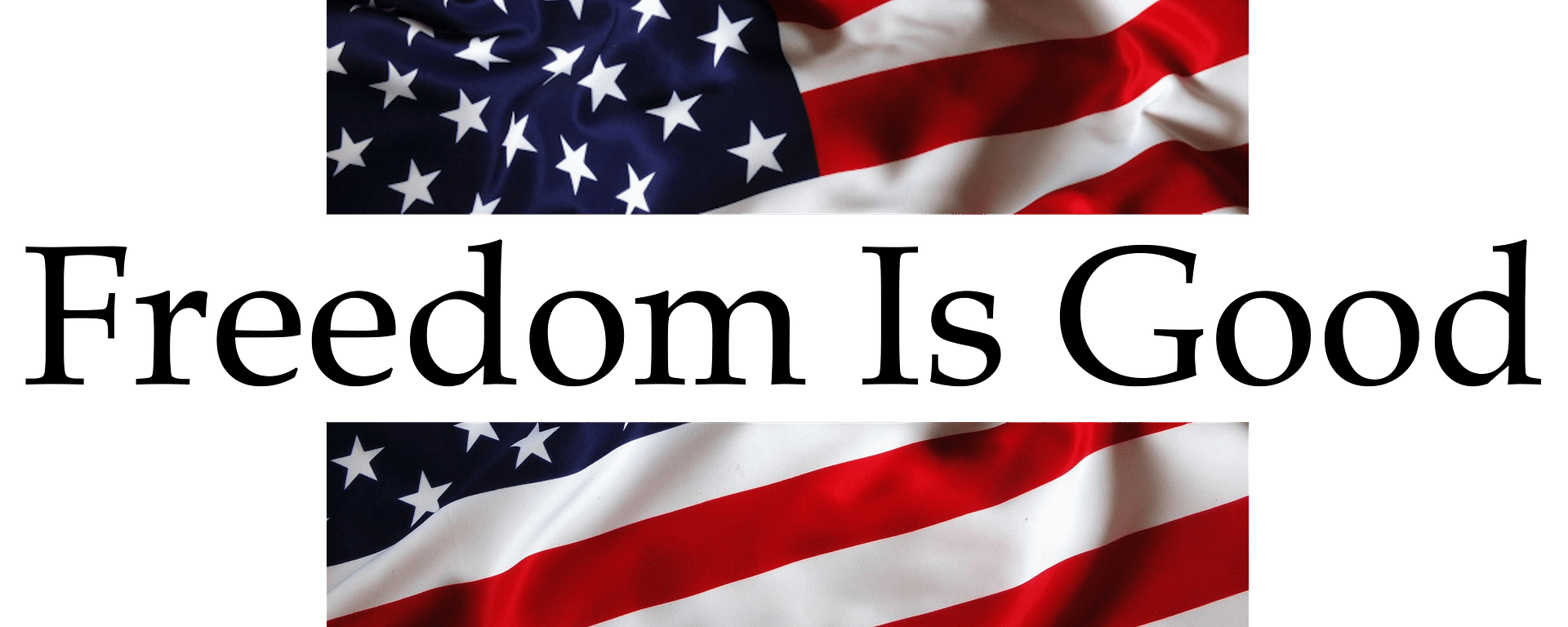Americans Should Not Tolerate an Unruly Military Elite
The latest source of outrage within the Pentagon establishment is the rightful end of Army Lieutenant General Douglas Sims’s career, which has drawn loud protests from both active-duty and retired officers. Secretary Hegseth’s decision not to promote Sims to the rank of general has been portrayed as evidence of creeping politicization in the military. The argument advanced by critics, and repeated in opinion essays and New York Times leaks, is that because military officers swear an oath to the Constitution, they should be protected from any decision involving their status or rank that is political in nature.
Popularized by leaders such as former Chairman of the Joint Chiefs of Staff Mark Milley, this interpretation distorts the true meaning of the oath all commissioned officers take. While the oath binds officers to uphold the Constitution, it also carries a persistent obligation to obey lawful orders from civilian leadership. That principle, which is rooted in centuries of American civil-military tradition, is what ensures that the military remains under the control of elected officials rather than becoming a self-governing class.
Officers take the following oath when they are first commissioned, and at each successive promotion:
I, [name], do solemnly swear (or affirm) that I will support and defend the Constitution of the United States against all enemies, foreign and domestic; that I will bear true faith and allegiance to the same; that I take this obligation freely, without any mental reservation or purpose of evasion; and that I will well and faithfully discharge the duties of the office on which I am about to enter. So help me God.
While it is clear that an officer embraces an obligation to the Constitution, he does not do so as a scholar. Instead, a military officer takes this oath insofar as the Constitution establishes the separation of powers and enshrines the military as an institution accountable to political leaders. To fulfill one’s obligation to the Constitution, an officer must follow the orders of the officers over him and, ultimately, the President of the United States and his cabinet.
In the waning weeks of the first Trump Administration (and basically at every public media opportunity in the years since), Mark Milley asserted that because of his duty to the Constitution, he was justified in subverting the chain of command on January 6, or even during his nuclear posture talk-through with his CCP counterpart. In Milley’s telling, a military officer is supposed to possess both military expertise and a deep knowledge of constitutional interpretation to be able to determine which orders to follow.
This attitude was also, by all appearances, the animating spirit behind Lieutenant General Sims’s own service. As Pentagon official and Marine veteran Stu Scheller observed, Sims actively resisted reasonable calls to launch an investigation into the disastrous Afghanistan War. His stated justification was the supposed absence of bipartisan representation on the investigatory panel, a procedural excuse that effectively delayed accountability. To the establishment, this posture is held up as evidence of Sims’s principled fidelity to a vague constitutional obligation. Yet to any reasonable American, it looks far more like deliberate obstruction. It’s a refusal to permit the first serious inquiry into the catastrophic failures of Sims’s own generation of military leaders, failures that reached their fullest expression in the collapse of Afghanistan.
The brazen, enraging nature of this gaslighting seems to have become standard issue for recent generations of military officers. Their oath to the amorphous mandates of the “Constitution” is ironclad under a president who is inclined to disrupt the status quo of the military-industrial complex. This duty, however, seems less certain when the orders involve sending more troops to fight in our forever wars, or enmeshing the United States in conflict with Russia. For generals like Milley and Sims, there is no issue following orders—so long as they increase the power of the defense establishment.
In the criminally underrated book The Soldier and the State, Samuel P. Huntington lays out the proper relationship between a hierarchical military and a liberal democracy. As Huntington explains over the course of hundreds of pages filled with useful historical examples and political theory, the only way such a system can endure is to defer to military officials on internal affairs while demanding that military officers be subservient to civilian officials.
Generals are not meant to adjudicate political issues—they are obligated to do what they are told by their civilian superiors. The American people—not military officers—are the final arbiters of their elected officials. The military officer class is not a priestly order of legal discernment but instead wages war on behalf of American interests.
The crisis we face is not merely about one general or one failed war, but about whether America will tolerate a military elite that elevates its own judgment above the people’s and their elected leaders. The oath of office is not a license for generals to play philosopher-kings—it is a solemn pledge to carry out lawful orders under civilian command. If that principle is lost, then the republic itself is imperiled, for the military ceases to be the servant of the people and becomes their master.
West Point, the Pentagon, and the broader defense establishment must be reminded that in a constitutional republic, uniforms do not confer sovereignty. Civilian authority must be supreme, or it will soon be absent altogether.
The post Americans Should Not Tolerate an Unruly Military Elite appeared first on The American Mind.
